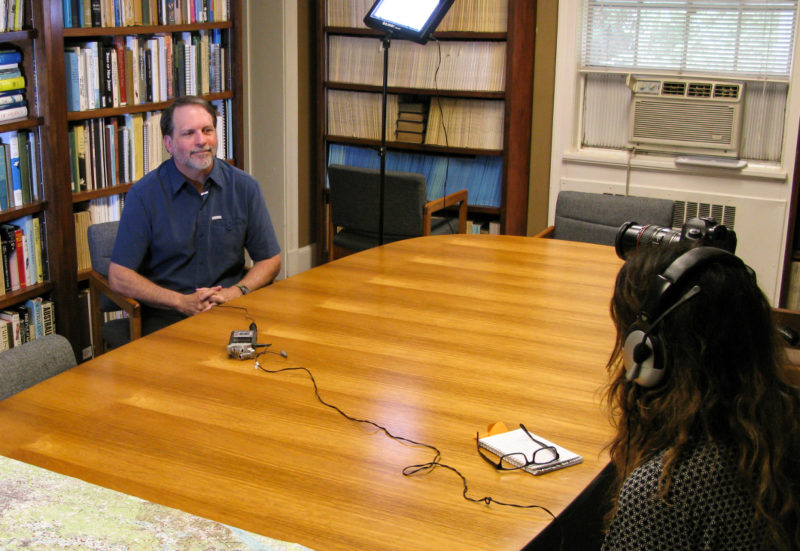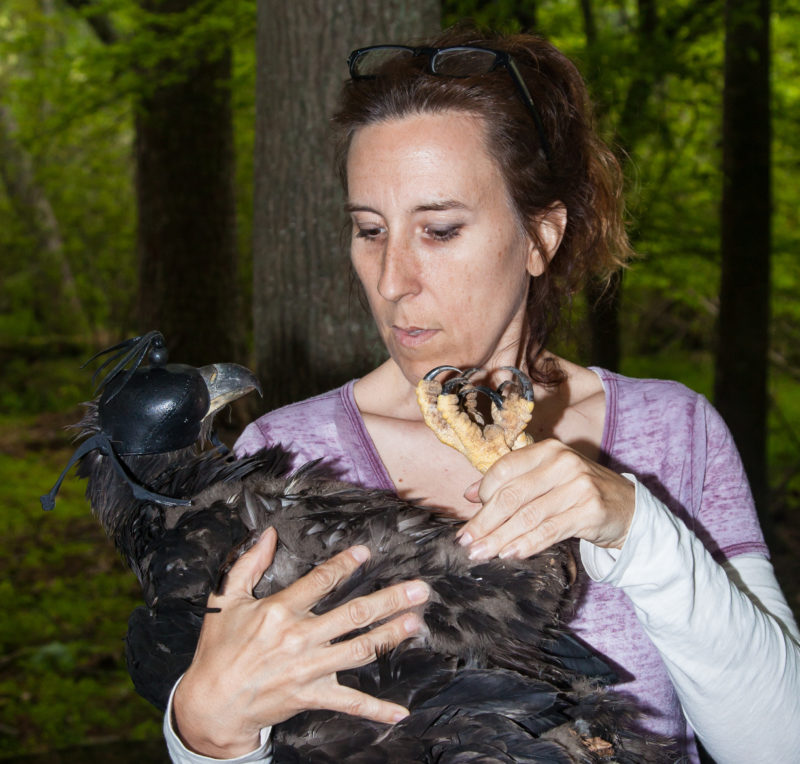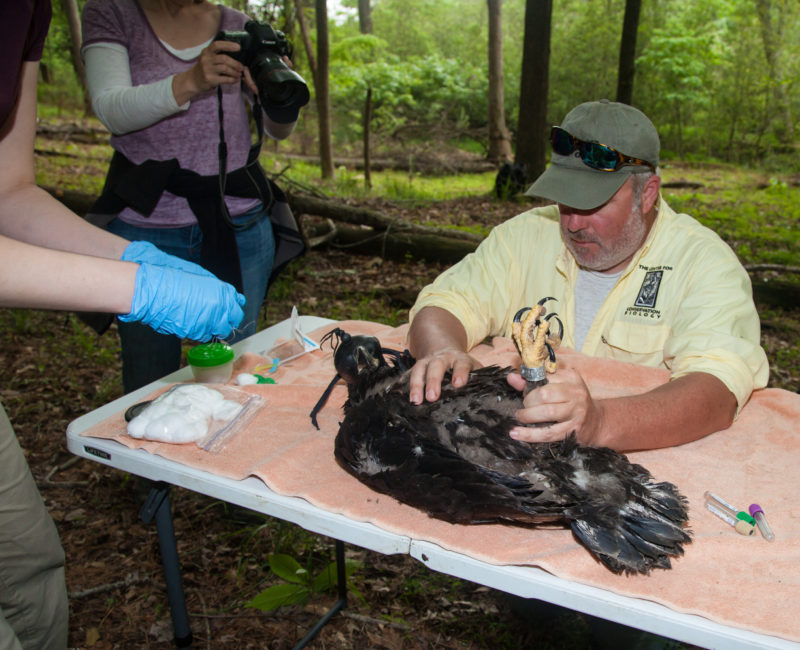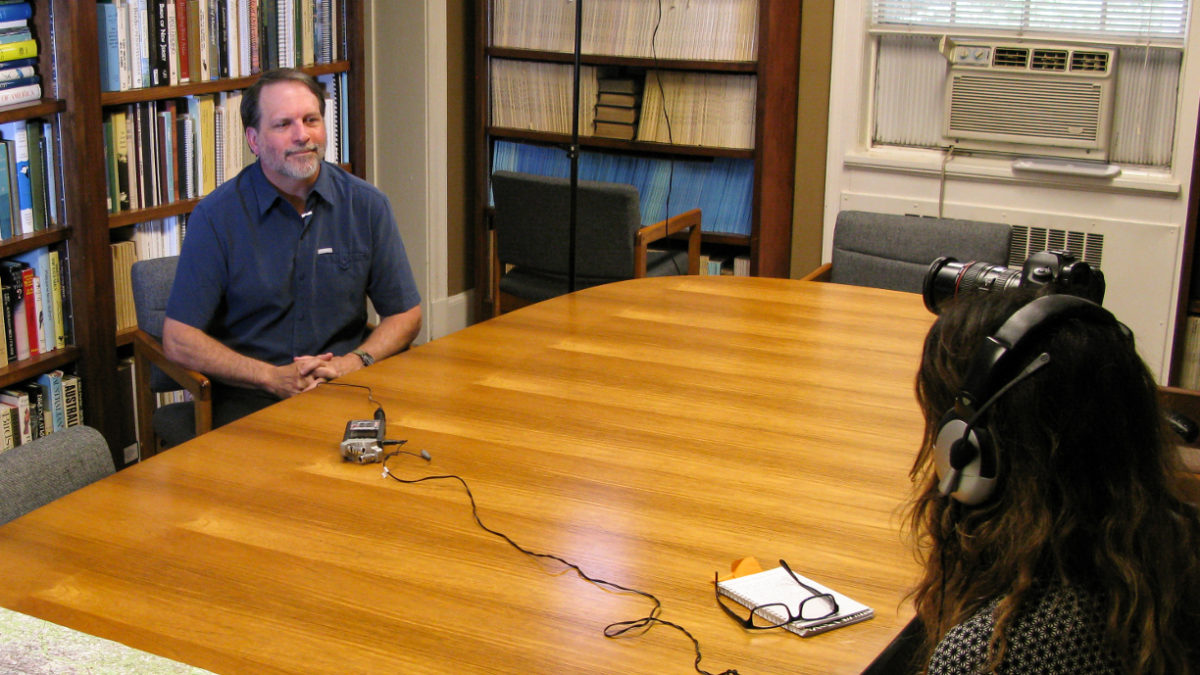There are Still Wizards: A film

Assateague and Sable Islands – Bookends to Ipswich conservation
July 11, 2019
Hatching rates in Virginia red-cockaded woodpeckers
September 13, 2019By Bryan Watts
9/11/19
Dolphin ecologist turned film maker Jennifer Lewis is making a new film titled “There are Still Wizards” (visit the film’s IFP site and Facebook page). The film centers around Dr. Lee Talbot and his wife Marty and their unique role in pushing conservation during a pivotal time. One of the unsung heroes of the environmental movement, Lee Talbot was the author of an incredible list of consequential laws including the Endangered Species Act, the Marine Mammal Protection Act, the Convention of International Trade of Endangered Species, and the World Heritage Treaty. These environmental laws are the key legal pillars on which conservation is built throughout the United States and across the globe. They have had far-reaching impacts on scores of endangered species. Through the film, the Talbot’s recall adventures in the wilds of Africa and Asia and what it was like to pursue a conservation agenda during the early years of the field.

The film also reflects on the successes that these laws have enabled. Film makers Jennifer Lewis and Muhammad Rahman travel to far-flung places to check up on progress with some of the most iconic symbols of the endangered species movement including bald eagles, gray wolves, humpback whales, and African elephants. The film makers talk with conservation biologists working with these species and their perspective on the role that these seminal laws have had in stabilizing and recovering populations.

Recently, Jennifer Lewis sat down with Bryan Watts to discuss the history of bald eagle recovery in the United States and the critical role of the Endangered Species Act. She came out in the field with a CCB crew to film hands-on work with bald eagles in the Chesapeake Bay. She had the opportunity to participate in nestling banding and the collection of blood samples for contaminant monitoring.
Passage of the Endangered Species Act was a transformative event within the conservation movement. After decades of watching many iconic species decline, the Act marked a social decision, a symbolic line-in-the-sand, and a clear statement by the American people that they did not want to see these species pass into memory. Many young generations will be able to enjoy the fruits from seeds planted during this heady time in our development.

In a time when much of our environmental safety net is under attack by special interest groups and profiteers, revisiting these consequential decisions, the people who made them, and the progress they have spawned is timely. The film is being produced by Que Sera Sera Films and is still in production. Films are expensive to produce and documentaries in particular are in constant need of funds.

